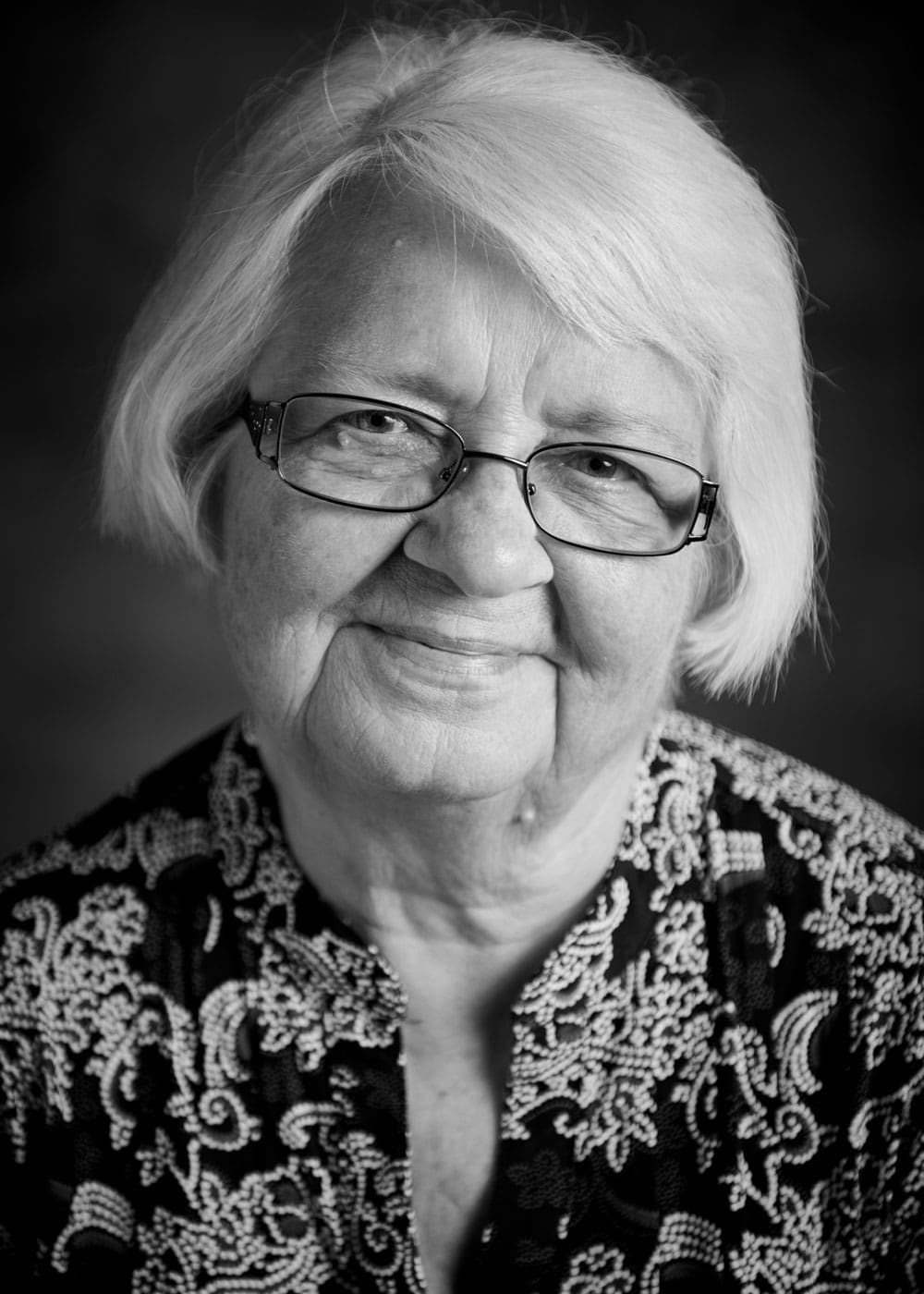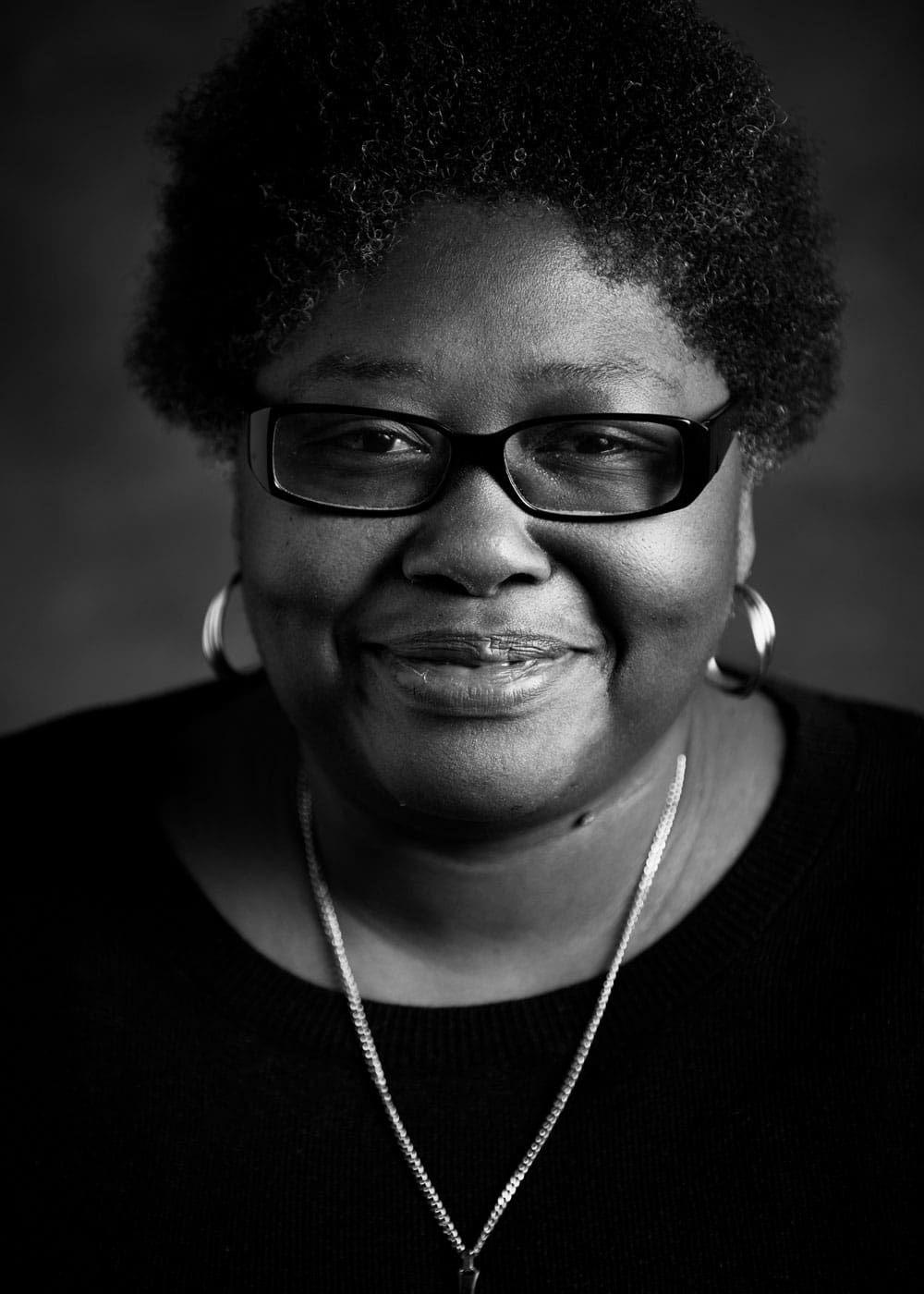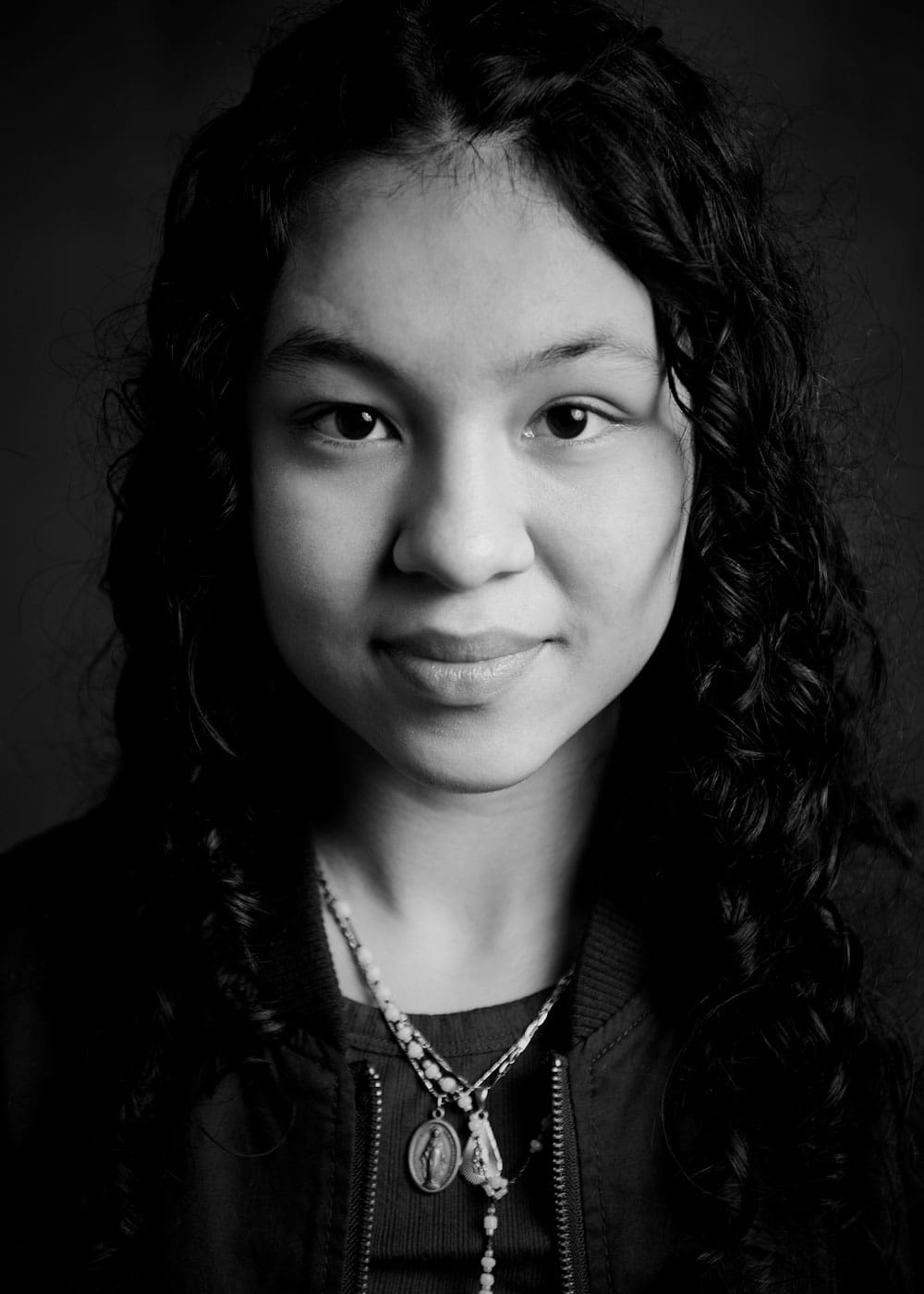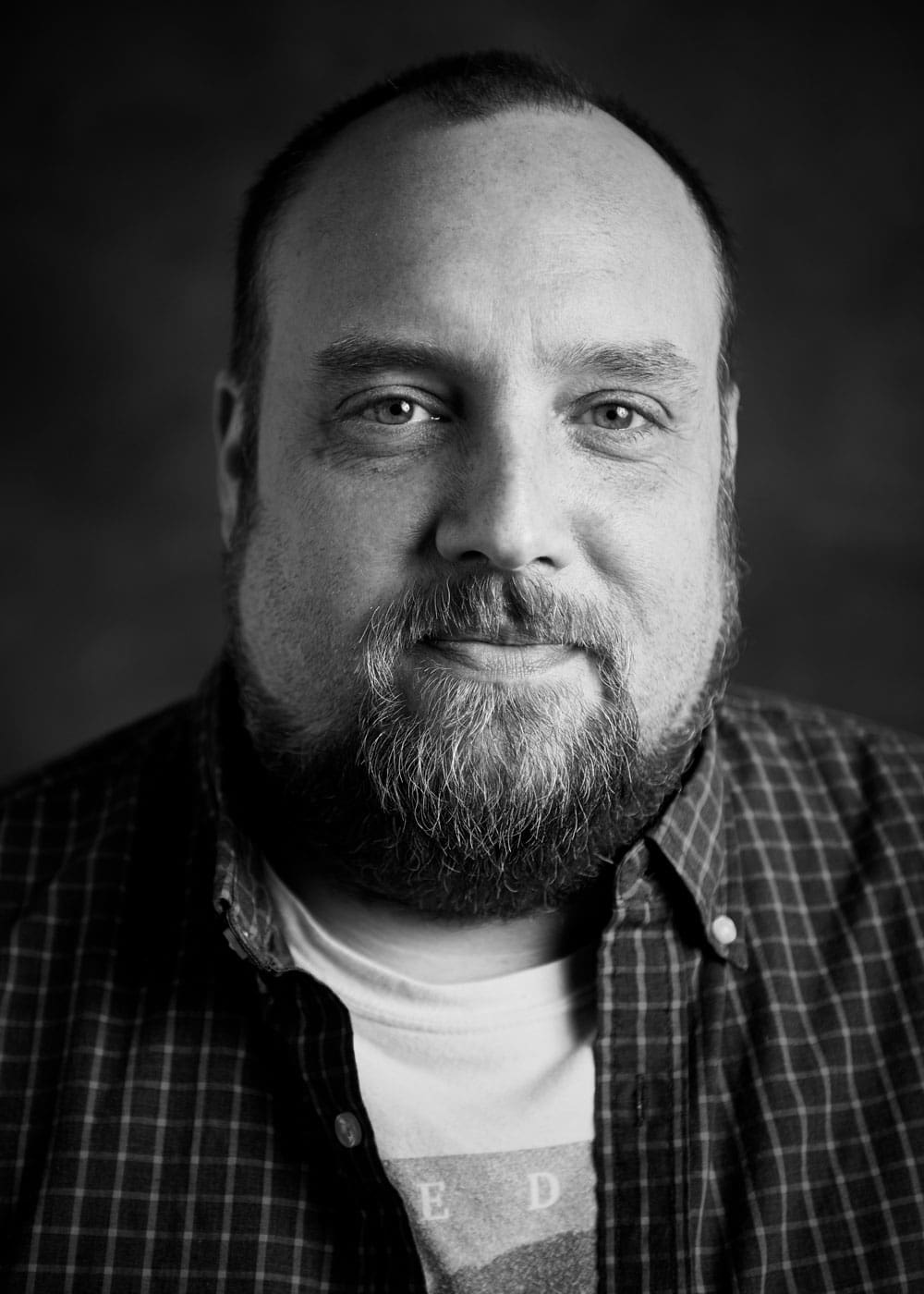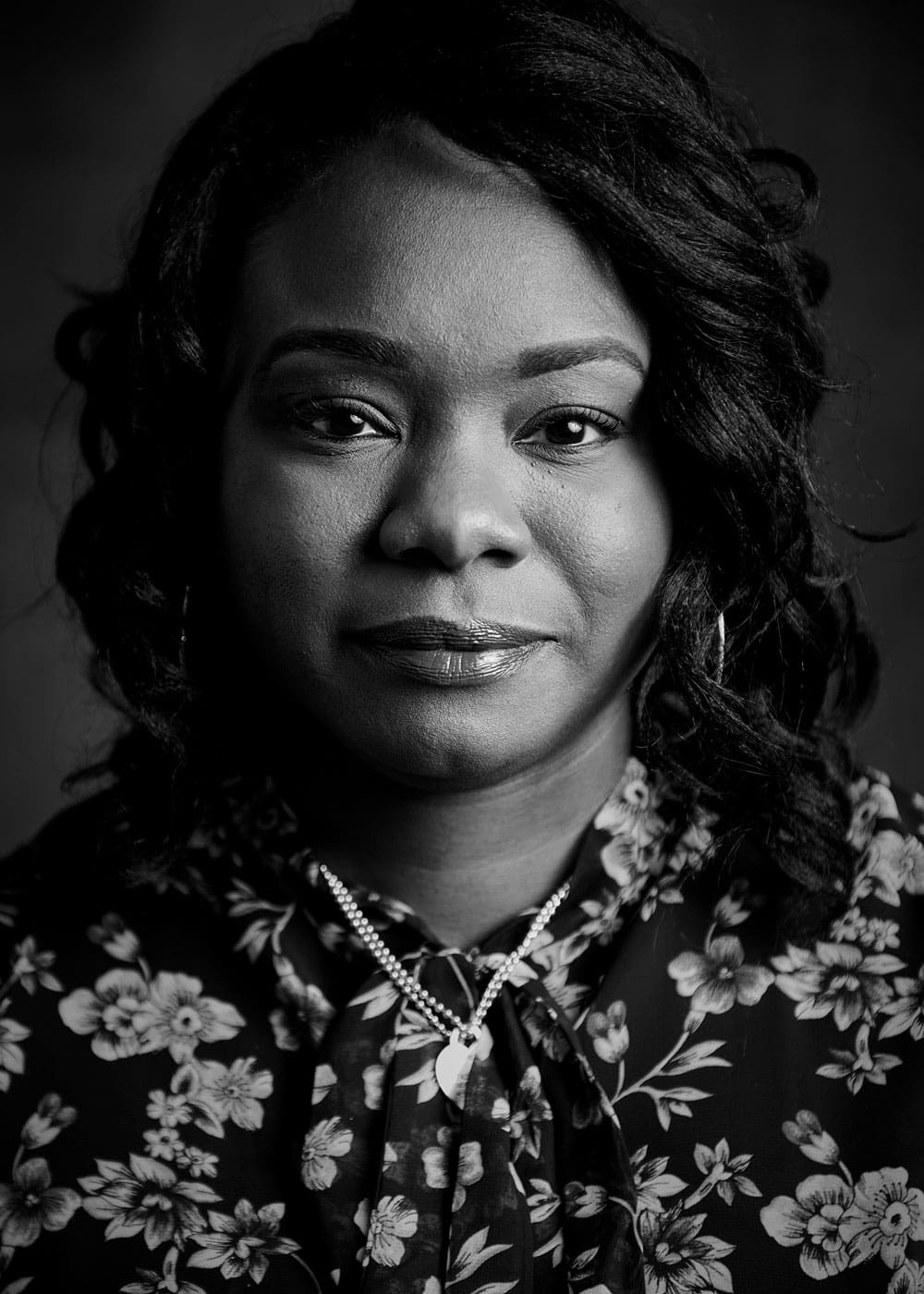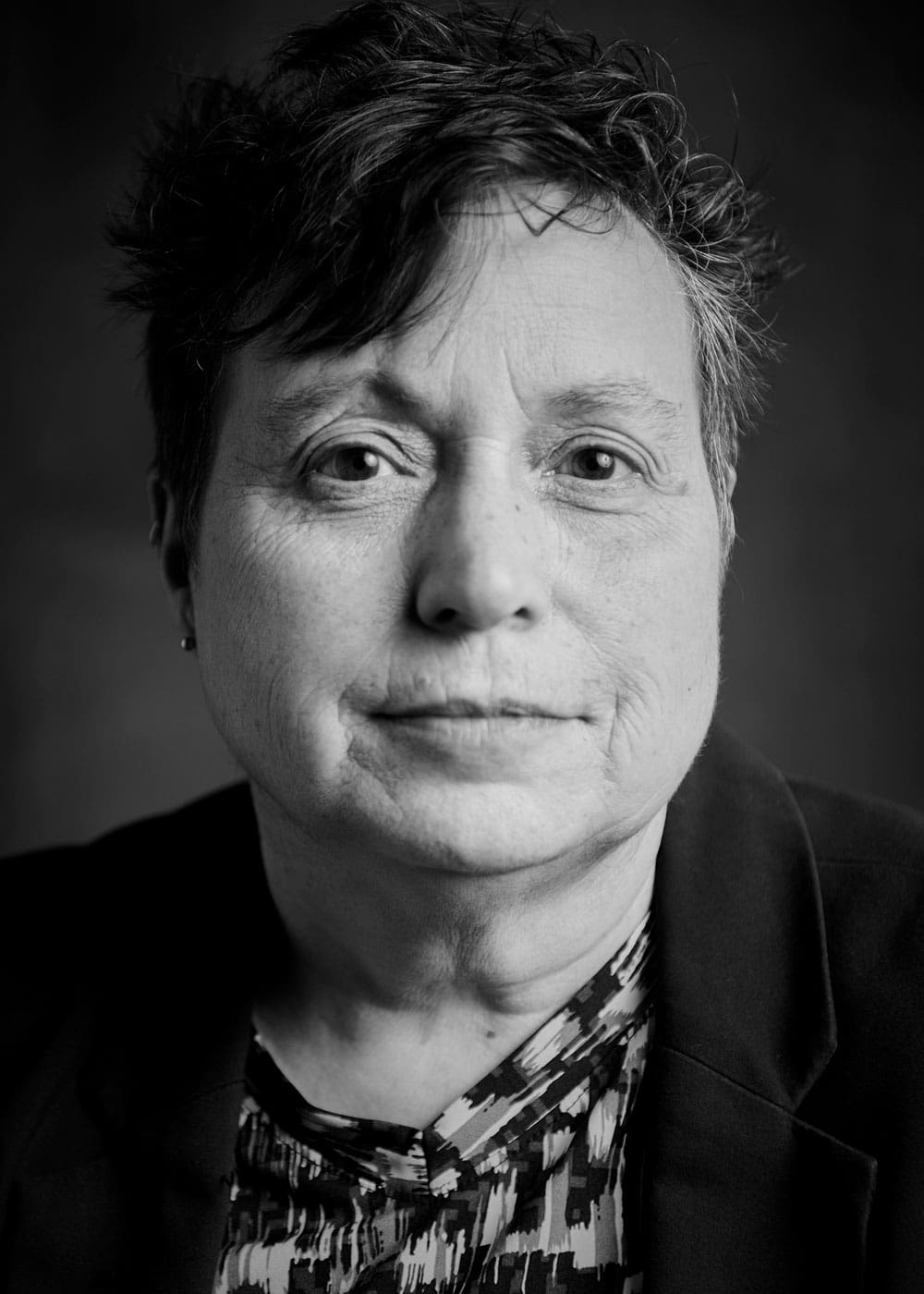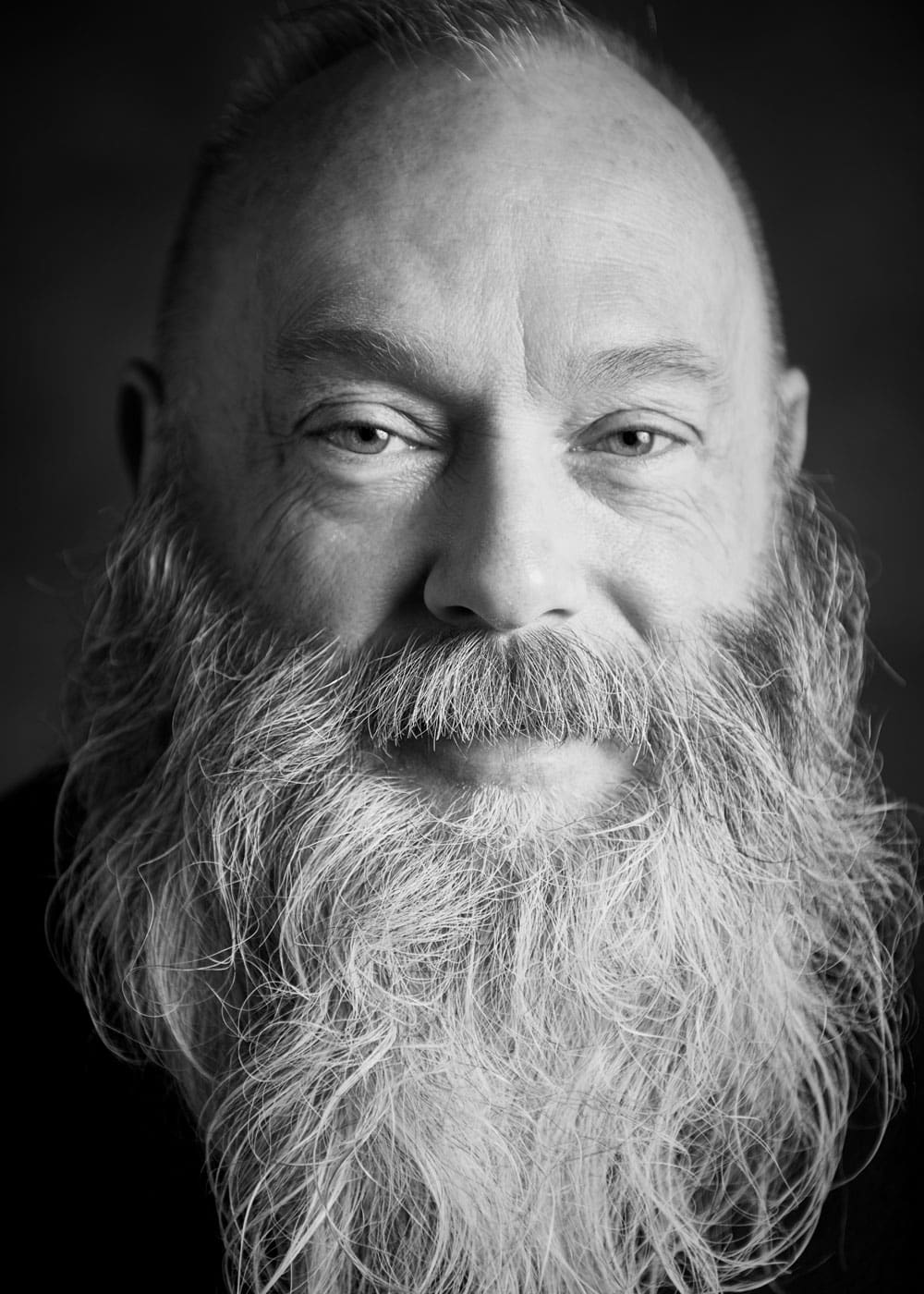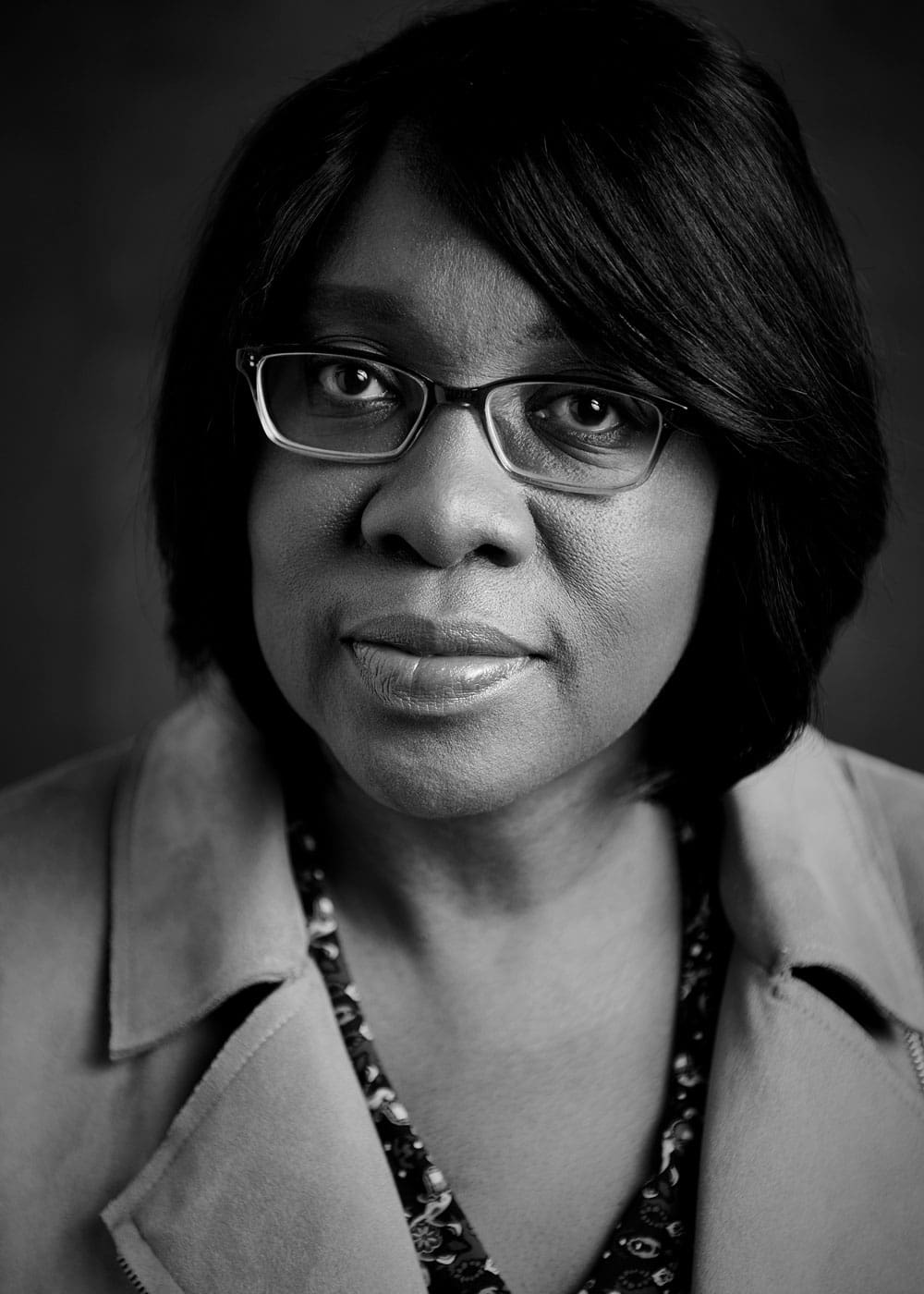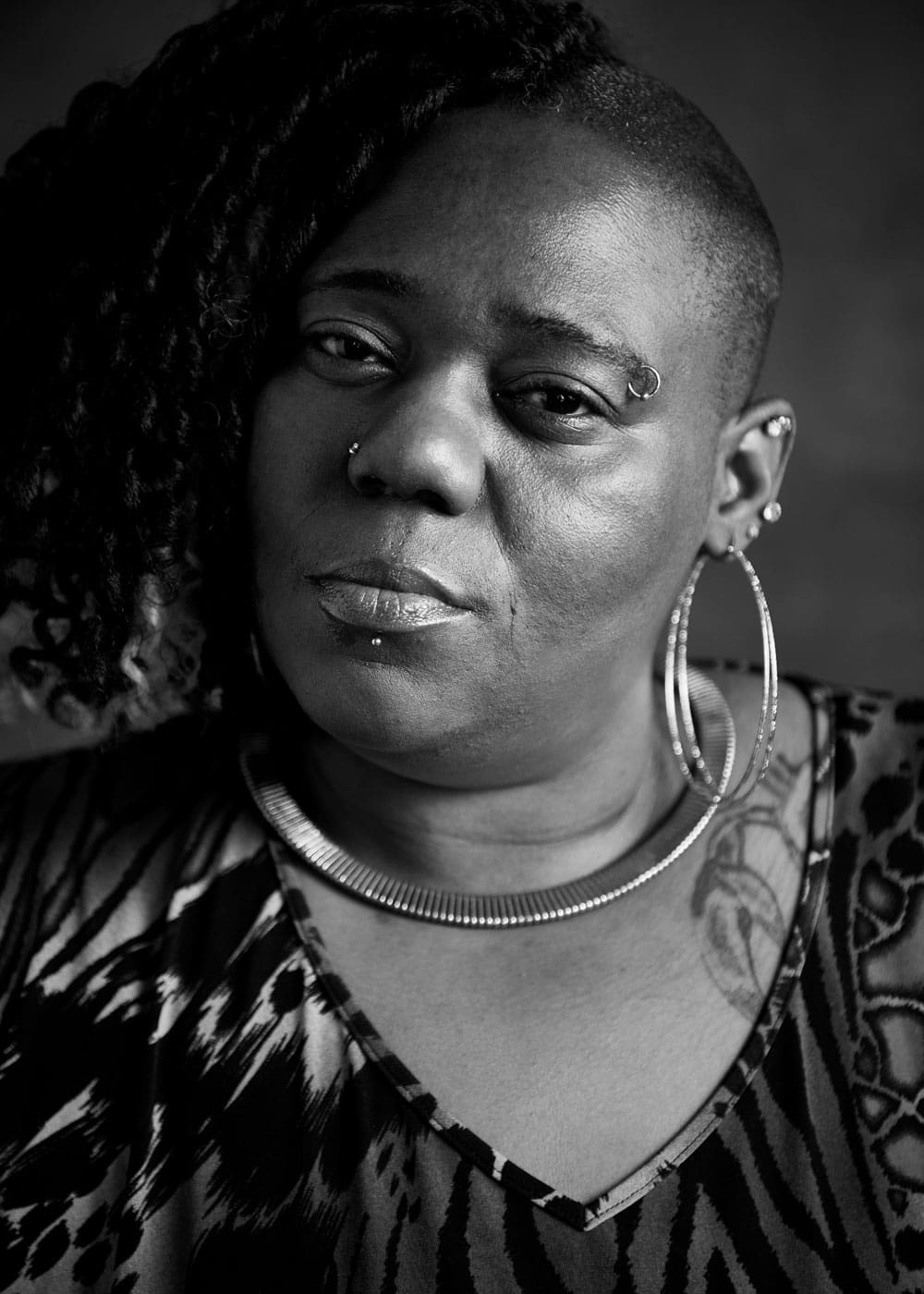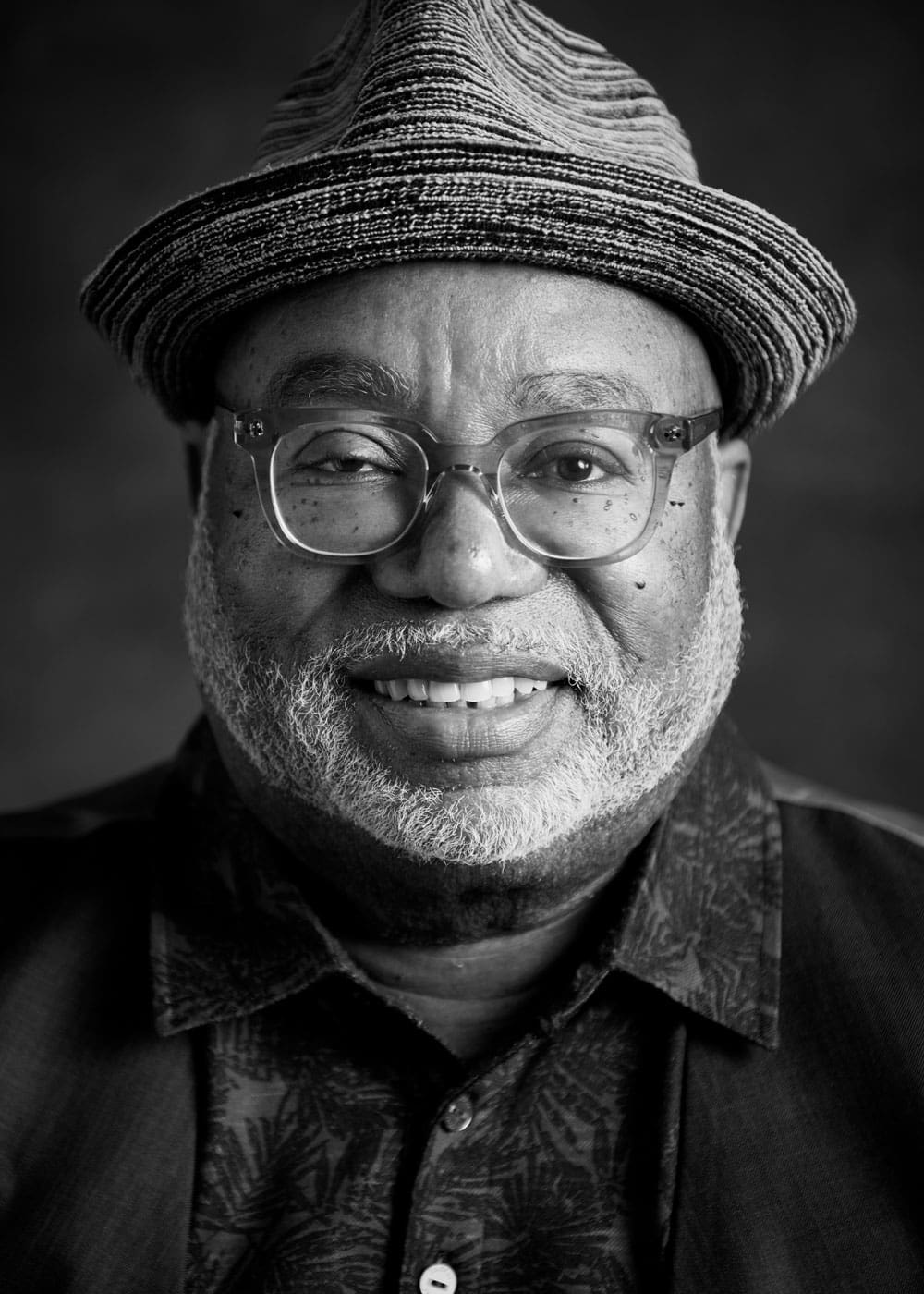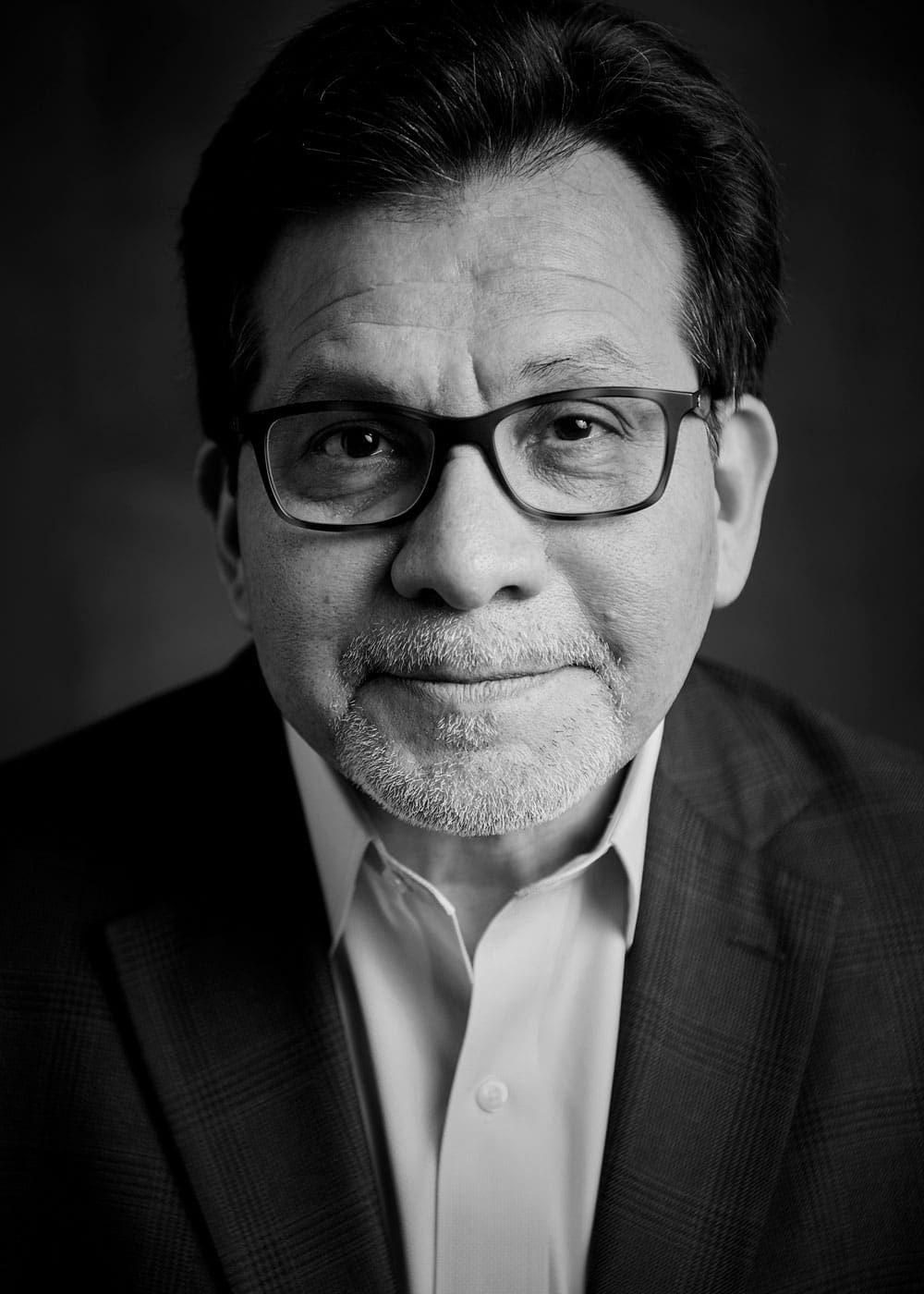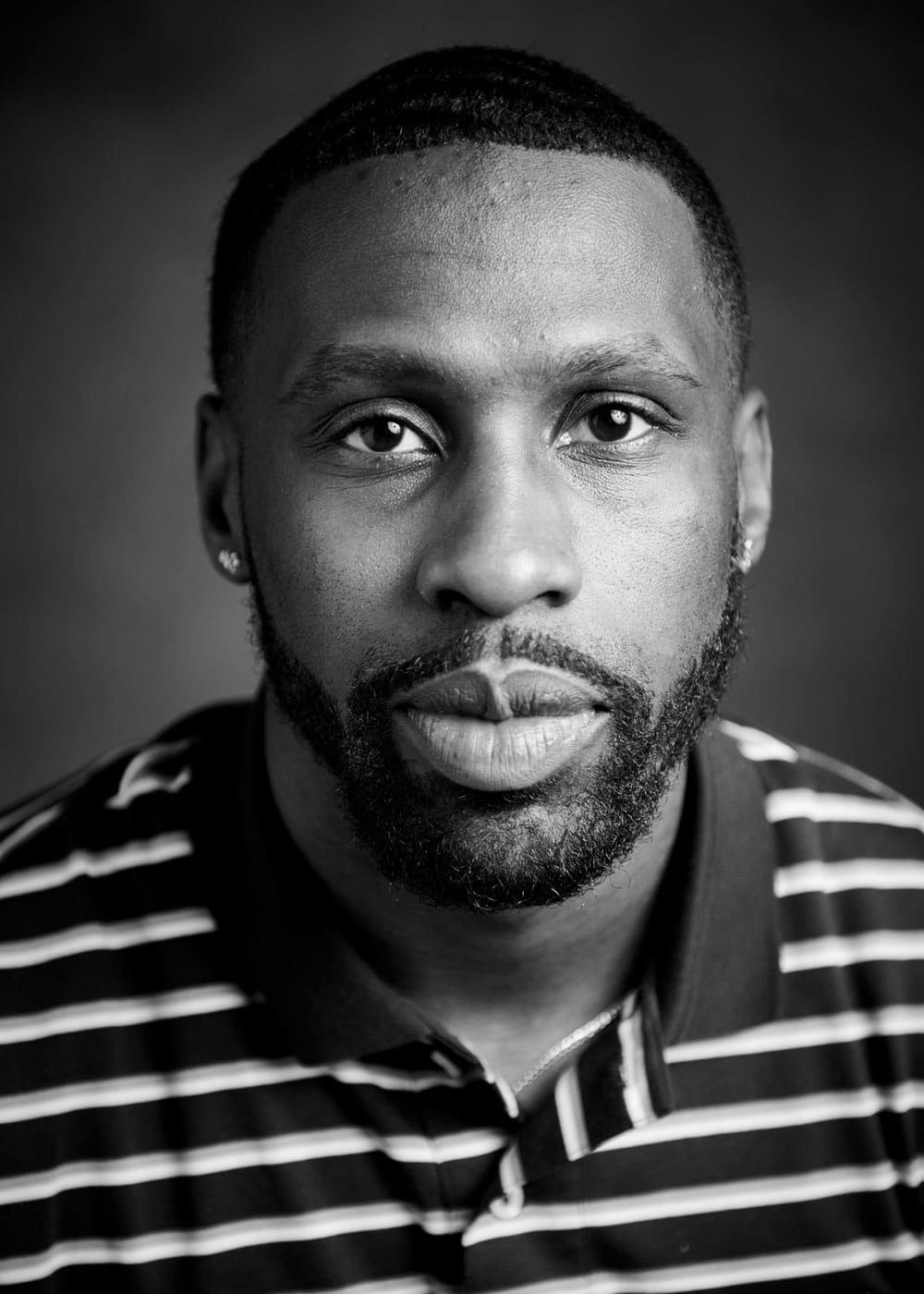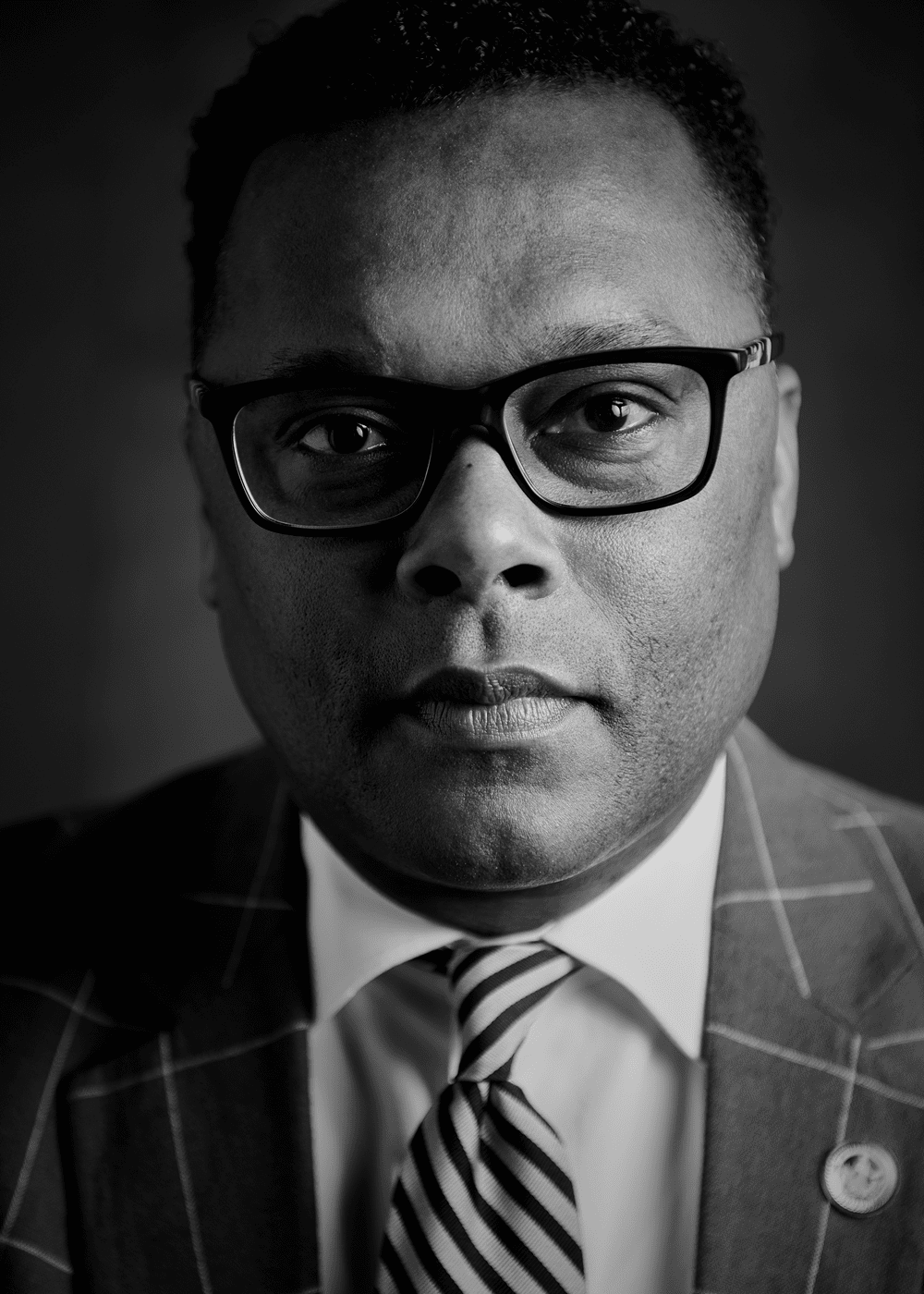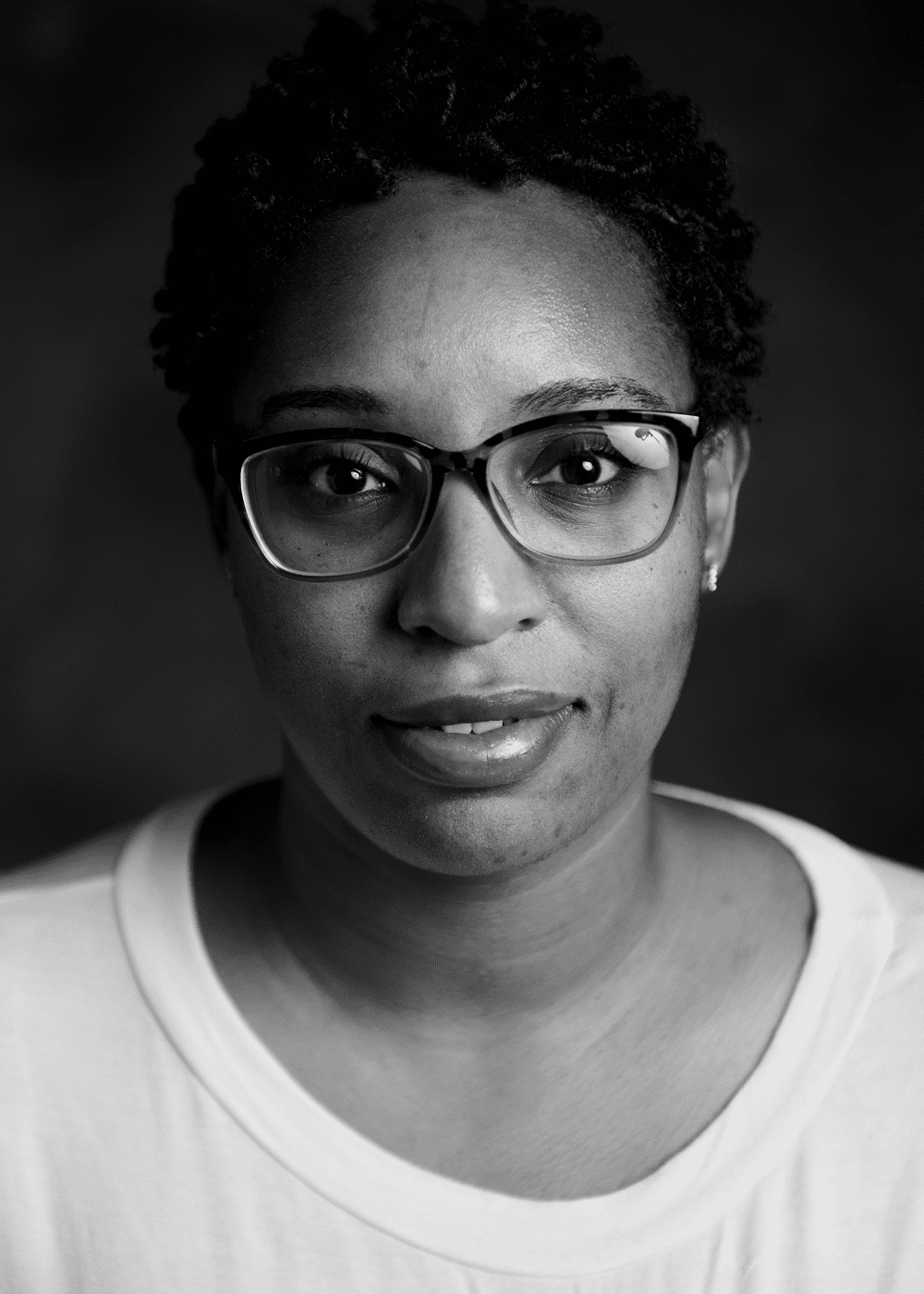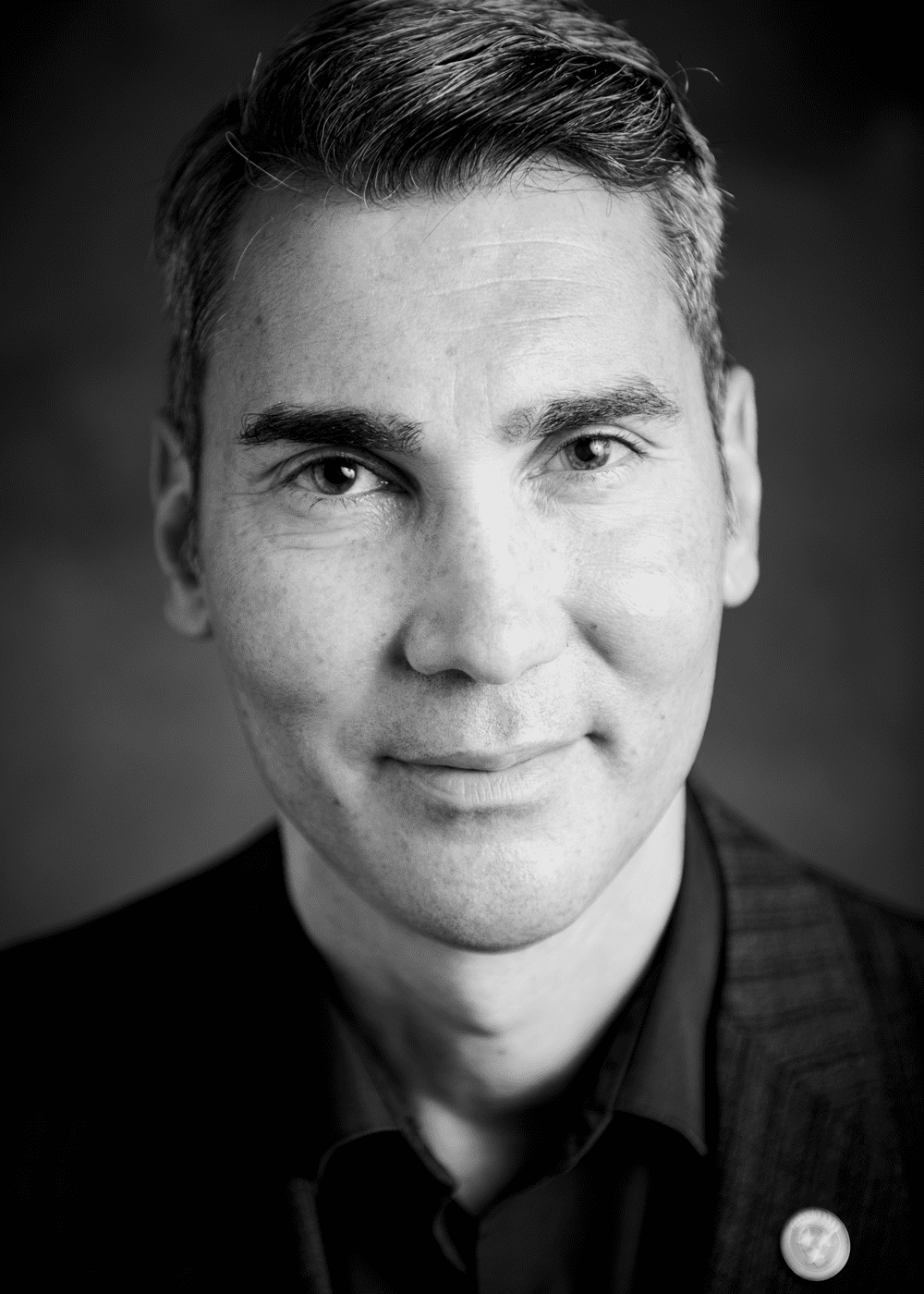“I didn’t have money for books, which made it really hard to learn,” she said. “There was a lot of stuff required for my math class and I didn’t have it.”
She had worked so hard to get into college. After high school, a friend recommended her to Oasis Center, a United Way partner agency that serves the diverse needs of youth and their families. Oasis helped her work through the paperwork and meet her goals so that she could enroll.
She was ready. She was eager. She was raised to dream big, she says.
Which is why it was so devastating when she had to put her dreams on hold.
Too often, young people in our community struggle to transition to prosperous employment or educational opportunities after high school because they don’t know where to begin. When they struggle to find jobs or post-secondary schooling, maintaining a sustainable living wage can seem impossible, which only furthers the cycle of poverty.
Only 60 percent of Metro Nashville Public Schools students actually enroll in higher education, and only 24 percent complete a degree within six years of high school graduation. And most of these youth aren’t accessing state scholarships due to barriers including costs beyond tuition such as books and testing fees, limited transportation options, FAFSA eligibility and difficulties navigating complex systems.
Which is exactly where Sierra found herself. But she was determined to find a way.
“I don’t want to be one of those people who continues to say, ‘I’m going to go back’ and don’t go back. And then I’m 40 and the only limited education I have is me going to high school and two or three semesters of college.”
She went back to Oasis to talk with her counselor and try to better understand why so many youth are struggling to connect—and how she can help.
She started talking to groups at United Way, laying out why so many youth are disengaged, why they’ve fallen out of the pipeline and how it’s up to all of us to make sure young people aren’t slipping through the cracks.
When young people fall behind and become disconnected with the workforce or education sector, it affects all corners of our community—the social sector, the criminal justice system, the political landscape and so much more.
Sierra’s passion and wisdom struck a chord with a leader at HCA Healthcare. After one particular panel discussion, they started chatting about employment opportunities within the company. She landed an interview and then a part-time position as a patient access concierge, where she facilitates check-in for same-day surgery patients, escorts them to their destination and makes sure they feel comfortable and informed.
“I have great people skills and I need to interact with people every day. I enjoy customer service and helping people solve problems,” she says.
Growing in her part-time position now gives her the time, the resources and the confidence to one day go back to school to continue her career.
